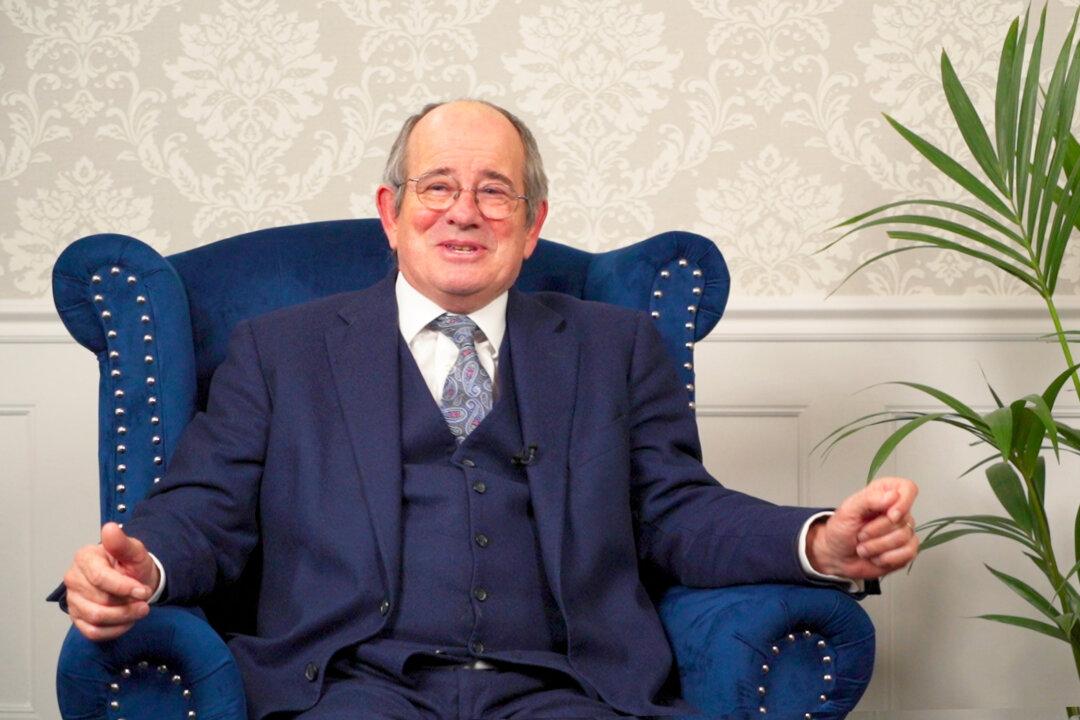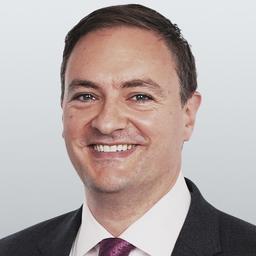Examples in “the poorest slums” show it’s possible to set up affordable private schools where children and parents can avoid the “woke agenda,” according to a British professor.
James Tooley, vice-chancellor of the University of Buckingham, also told NTD’s “British Thought Leaders” programme that he wants university students to be challenged instead of given a “safe space” to avoid debate.
The professor previously spent two decades in education projects in the developing world.
In “some of the poorest, the poorest slums on this planet,” including slums in Lagos in Nigeria and Monrovia in Liberia, research found the majority of children in these slums go to private schools, Mr. Tooley said.
“What’s going on is ... the government schools are either not available, or they are of mediocre quality. And so the poor are not willing to acquiesce in that mediocrity,” the professor said.
“They instead encourage entrepreneurs within their communities to create schools that are affordable, even for parents on the poverty line.”
Research show the private schools typically performed “much better” than government schools,“ he said, adding that they are typically run as a small business, meaning they are ”fully dependent on parental fees,” rather than government funding, subsidies, or philanthropy.
Armed with his award-winning research, Mr. Tooley co-founded an affordable private school in Durham in 2018.
He said the development of the school proves that the model does work in the UK.
When the school was opened, it was reportedly charging £2,700 a year. Now, “the fees have settled around £3,500 pounds per year,” Mr. Tooley said.
“That’s three-fifths of the per capita funding in the state schools ... it’s one-fifth of the funding in the nearest private schools,” he said, adding that the school has passed Ofsted’s inspections, grown from reception class up to GCSE, and is now making a “small surplus.”
He also said one advantage of being a private school is that it “doesn’t have to get caught up in the woke agenda.”
Mr. Tooley’s description of “wokeness” appears to be Marxist identity politics.
“And the whole point of wokeness,” he said during the interview, “is to constrain thought.”
Speaking of other more expensive private schools, Mr. Tooley said they had been engaged in a sort of an “arms race” to build the best theatre, the best swimming pool, or the best football fields rather than focusing on education.
“It’s not expensive to deliver good education. We don’t need all the fripperies other places have,” he said, adding that most parents can’t afford the schools that “are pursuing this fripperies.”
He said the model has already attracted some interest, with “quite a few people” saying they might “try something similar.”
University Not a Safe Space to Avoid Debate
Mr. Tooley, who was appointed vice-chancellor of the University of Buckingham in Oct. 2020, also said he joined because of academic freedom and free speech as the independent university was “explicitly created to be an antidote to increasing government control, increasing government intervention, in the university sector” in the 1970s.Describing ways academic freedoms have been eroded in universities, the professor said some vice-chancellors want staff to follow their diktats such as decolonizing the curriculum so it doesn’t “offend certain groups.”
On the other hand, academics have been “very constrained” in their works as they became “aware of the sort of things you can and cannot research, of the ideas you can and cannot claim, and of the speakers you can and cannot invite to a university.”
Mr. Tooley said it’s “depressing” that data show “a substantial majority of young people are somewhat in favour of” cancelling speakers they disagree with” and said students should be challenged.
“What I say in my matriculation speeches I give when students arrive in Buckingham is, ‘This is not a safe place. This is a place where you can have ideas that trouble you, that challenge you. This is a safe place for debate, but not to avoid debate.’ It’s a really important distinction,” he said.
Mr. Tooley said universities seem to be making “too much allowances for students who are feeling uncomfortable.”
“Now we’ve got to embrace ideas,” he said. “We can shock if we want, and we can challenge, and [there] absolutely must not be trigger warnings about anything apart from ’this is going to be an idea that you will want to explore,' you know, I want people to be challenged as students in the university. ”








